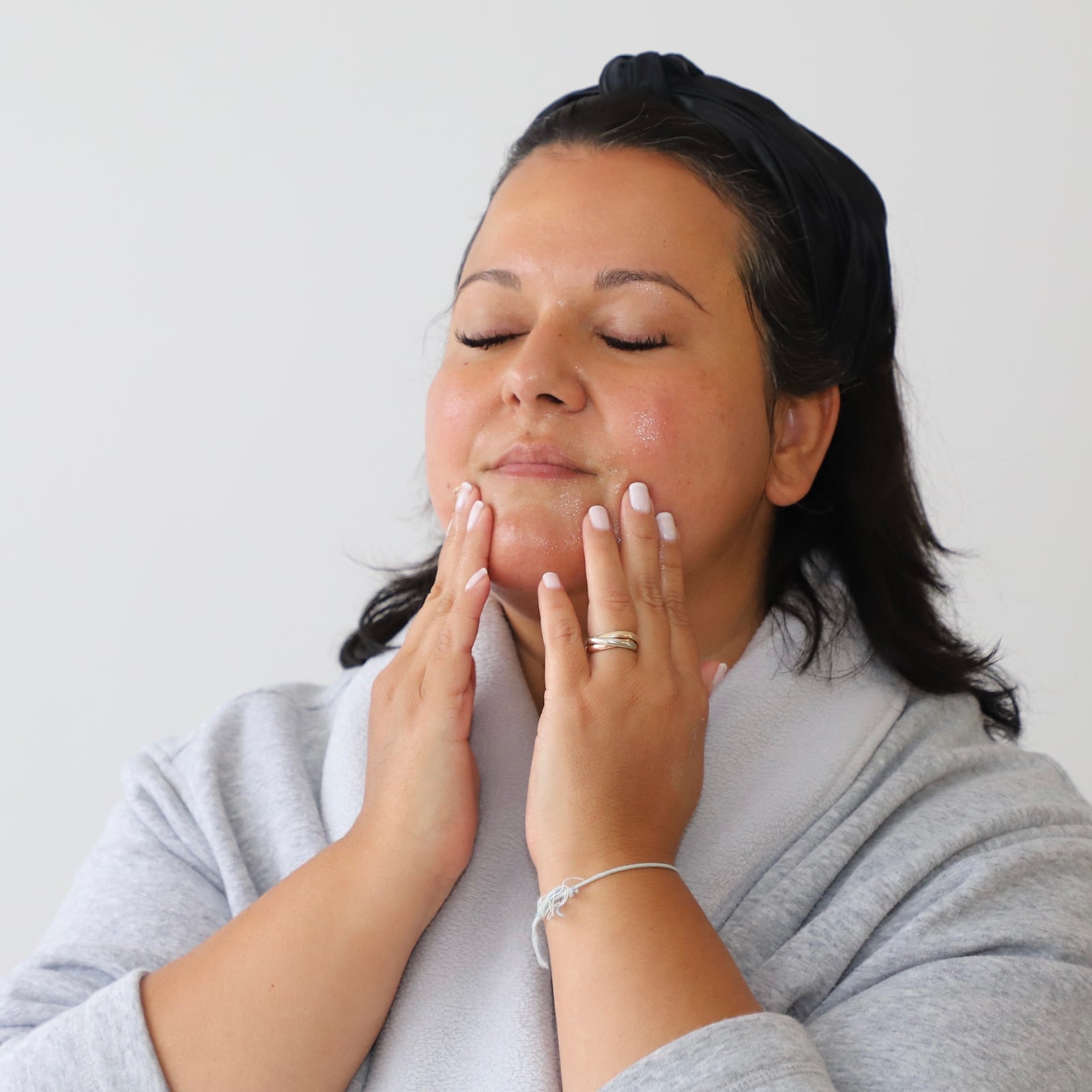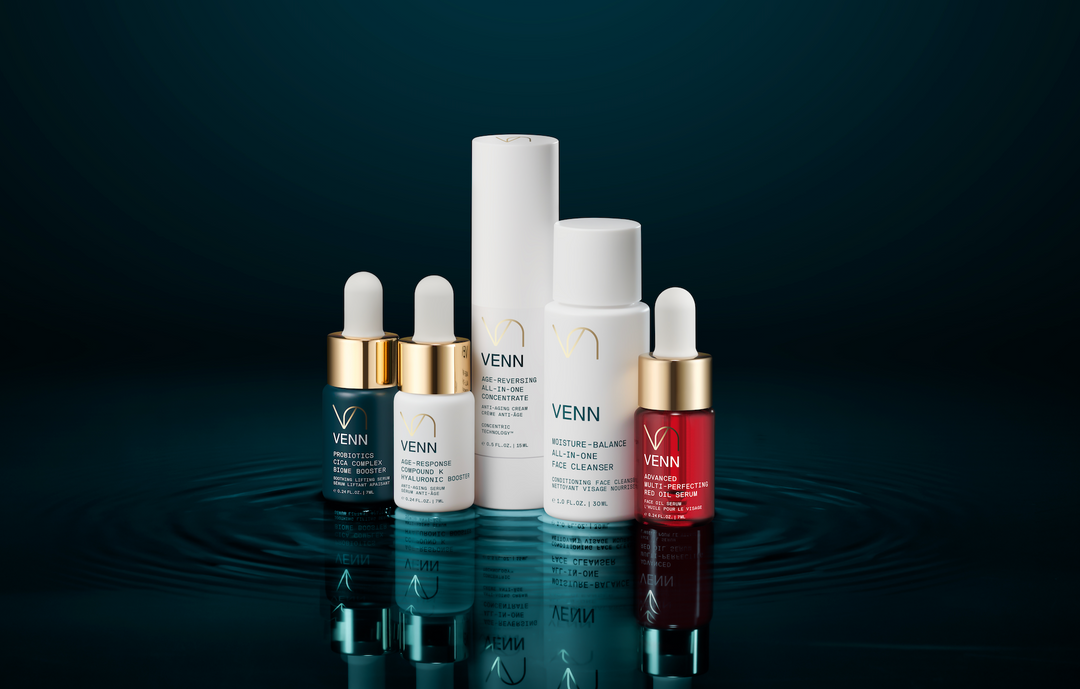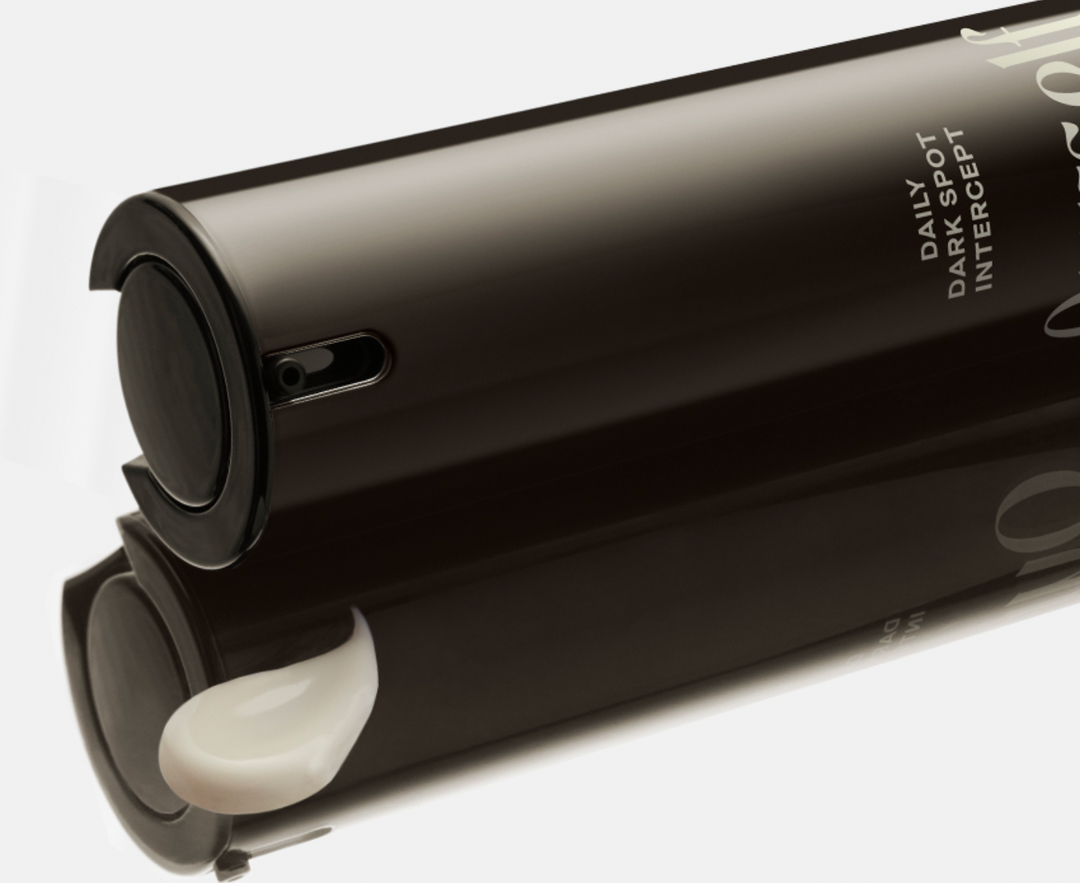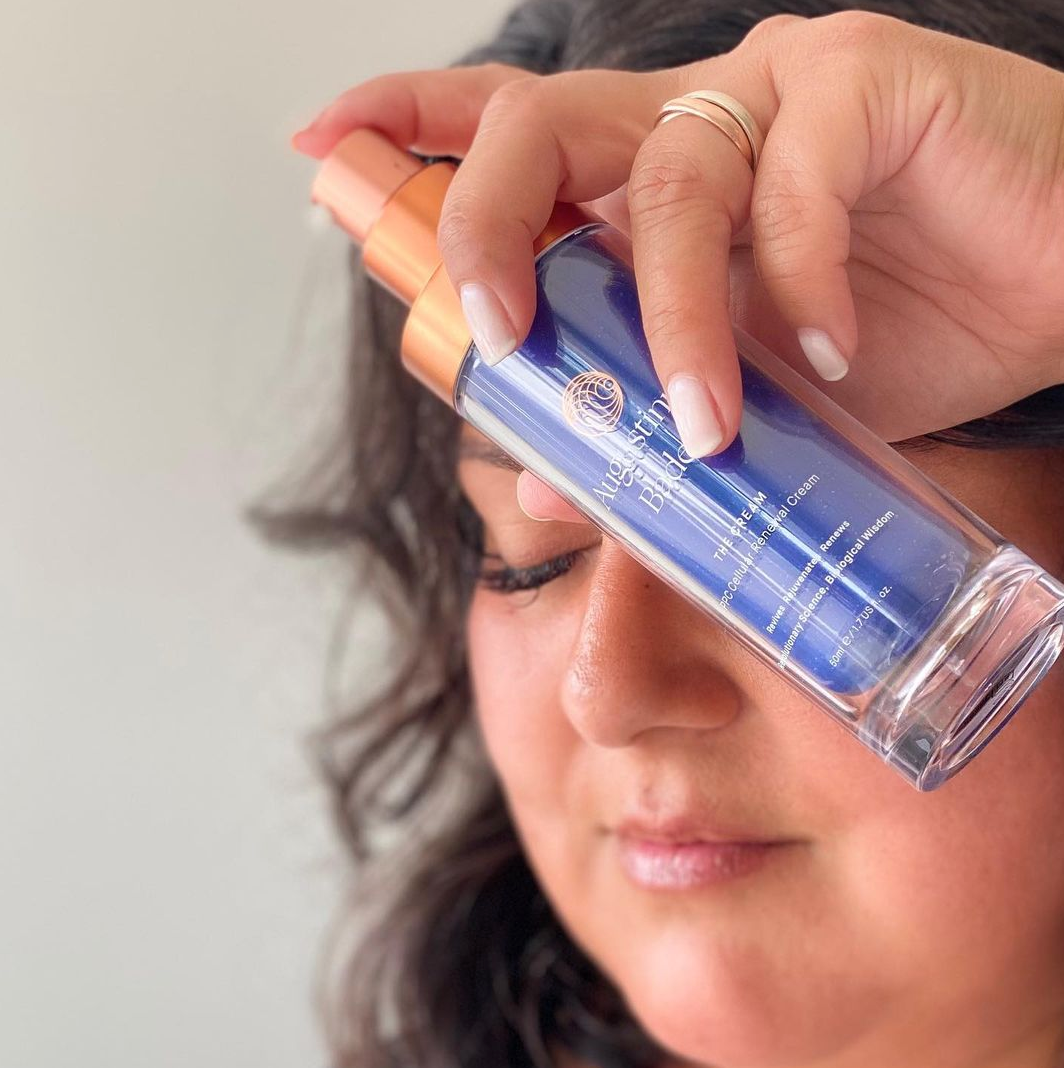Retinol Basics

I was just 25 years old and new to the beauty biz when I first heard the word “retinol.” While I wasn’t sure what it was, I could tell that women felt like they had found the fountain of youth, when they got a tube of it in their hands. Here’s the weird part, the ladies who were most excited about their retinol, were also the ones who’s skin looked flaky, red and irritated. So why was it so magical? I was confused.
As soon as I started beauty school, I began a deep dive into what retinol is and if it is truly magical. I asked teachers and doctors and memorized all the facts in my textbooks. Here are the basic points about retinol, you need to know
- Retinol is a derivative of Vitamin A
- Retinoids are the umbrella term for retinol products
- Retinols exfoliate your skin by increasing cell turnover (which slows as we age)
- Retinols soften fine lines, improve skin texture and can give you that overall glow that we're looking for (there's the magic ✨)
- Retinols can irritate the skin but don’t necessarily have to
Over the past 20 years non prescription retinoids have changed the skin care game, giving us effective yet gentle options to rejuvenate even the most sensitive skin.
Saint Jane’s Sacred Sleep and Augustinus Bader’s The Cream are two of our favorite retinol products because they are gentle enough to not irritate our skin and effective enough to give us the glowing complexions we are looking for.
If you’re starting to use retinol or re-evaluating the one you already have, here’s what I suggest:
- Make sure the retinoid of your choice is formulated with an antioxidant. Antioxidants repair damage from free radicals. Using a retinol with an antioxidant is more gentle on the skin. That's why we're obsessed with Saint Jane’s Sacred Sleep and it's Elderberry.
- Start by applying your retinoid twice a week at night. If you can tolerate that for 2 weeks, increase to 3 times a week, then 4 etc.
- If you’re skin is sensitized, try moisturizing before your retinoid for an extra soothing barrier of protection
- While there’s no evidence that retinol increases sun damage, use your retinoid at night and use SPF during the day
If your blessed with resilient skin and can use over the counter retinoids regularly for one year, it might be time to see a dermatologist for the prescription strength stuff!







Leave a comment